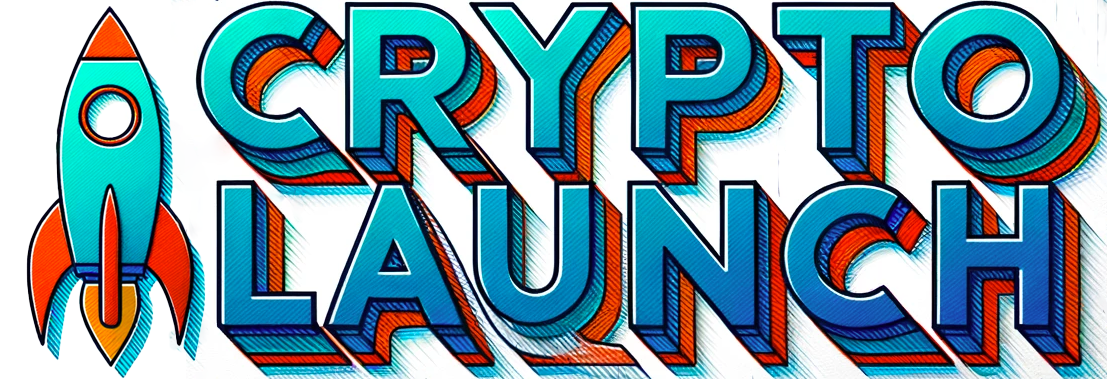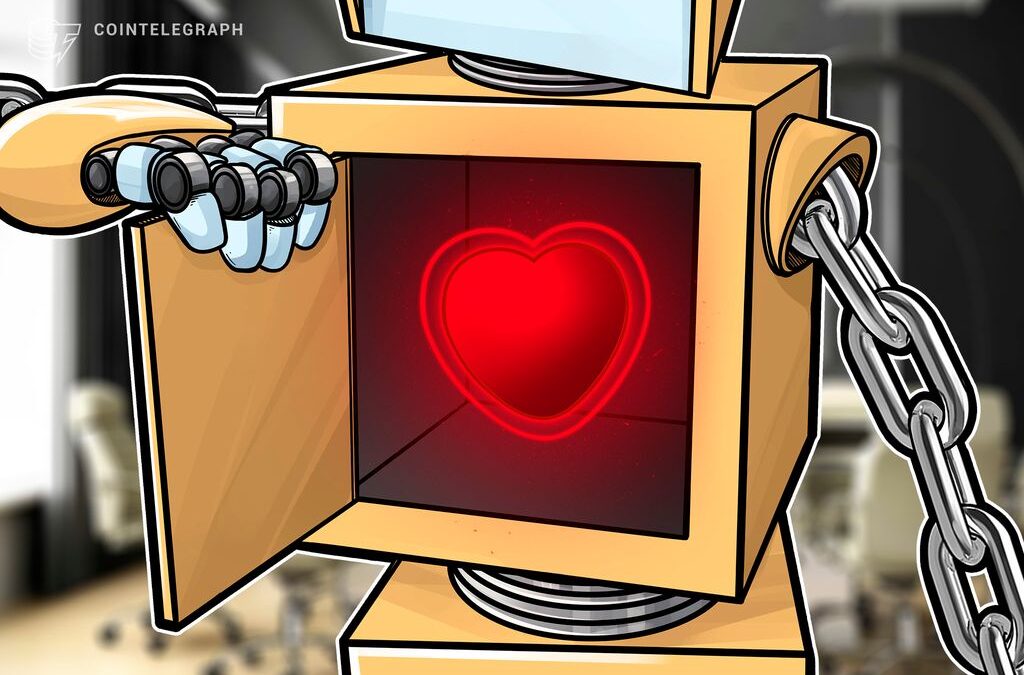Can’t you donate crypto to good causes already?
Yes – but not-for-profit organizations are always exploring new ways of attracting support from the crypto community, and demand is growing.
Charitable giving allows investors to help causes they are passionate about – and if their cryptocurrency assets rise in value, donations can be used in some countries to eliminate the capital gains taxes they would need to pay on the appreciation.
According to a report by Fidelity Charitable, 2017 was a record year for crypto donations. This organization received $69 million in cryptocurrencies like Bitcoin, and claims this was almost 10 times higher than the year before.
Fidelity believes Bitcoin’s dramatic rise in value in 2017 played a factor in this increase. It says being able to accept crypto donations has opened the door to funds, and supporters, who may have been out of research and unable to contribute before.
Meanwhile, an anonymous donor set up the Pineapple Fund, with 5,104 BTC being given to 60 charities. They timed their donation with last year’s “crypto bubble”, meaning $55 million has gone to good causes.
Could crypto be mined for charity?
Several charities have been exploring this concept with some success.
Over 59 days at the start of 2018, UNICEF launched an initiative called Game Chaingers, which aimed to inspire young people to do something good for society.
The children’s charity appealed to people with powerful graphics cards in their PCs, such as gamers, to use their spare computing capacity to mine Ethereum.
More than 12,000 computers were aggregated during the appeal and a total of 85 ETH (roughly $36,000 at today’s rates) was raised. The funds went towards helping children affected or displaced by the Syrian civil war.
For charities, this can be a way of attracting supporters who may not have the make a financial contribution, but still want to help.
However, such schemes aren’t necessarily perfect. Mining can be energy intensive and even harmful to the environment, meaning charities walk a fine line in doing more harm than good. UNICEF stressed that its initiative didn’t result in additional electricity usage, preventing participants from racking up hefty bills.
How would you know donations are being used properly?
Scandals have hit confidence in the charity sector, but blockchain and cryptocurrency could improve accountability and transparency.
Unlike conventional charities, where progress on certain campaigns can be difficult to verify, smart contracts on blockchain can be used to ensure funds are only released to an organization once they can prove their work is having an impact. Failure to meet certain targets could even result in donations being rescinded.
This concept has been put to the test by St Mungo’s, a charity for hopeless people in London. It teamed up with a blockchain platform called Alice to launch a fundraiser which aims to raise $66,000 to help 15 long-term rough sleepers rebuild their lives.
Here, donors can keep track about how rough sleepers are progressing, with the charities progress independently verified by a local authority.
Why do some of us struggle to trust charities?
There have been repeated stories about funds being misused by charities, and other tales of organizations being too aggressive when they are trying to get donations.
Corruption can be a big challenge for aid organizations, and funds which are sent to impoverished countries don’t always reach the intended recipients. Some charities have also been accused of lacking transparency, either by failing to disclose how much money from donations goes towards paying staff or administration, or by refusing to reveal how much money they have in reserve. The pay rewarded to top executives has also angered donors in some cases.
Blockchain allows finances to be publicly audited, ensuring charities remain accountable. Its decentralized nature also eliminates banks, allowing funds to be directly sent to those in need without a middleman.
But this isn’t to say that blockchain can solve all of the charity sector’s ills, or that this technology should be seen as a replacement for charities altogether. The campaign organized by St Mungo’s only enjoyed modest success – helping three rough sleepers – and charities play an important role in highlighting societal issues and campaigning for the public to take action on them.
Can blockchain cut admin costs for charities?
Potentially. Right now, administration and the act of fundraising itself are the two biggest costs for charities.
Through blockchain, charities can cut the transaction fees associated with accepting payments from donors and transferring money to those in need. This helps maximize the impact of the funds they have raised, especially when transactions are taking place internationally.
Instead of creating their own platforms for generating awareness and accepting donations, blockchain organizations have developed APIs which can be customized and adopted by smaller non-profits, helping them to expand their reach and spend less money on developing technical infrastructure.
Who benefits from transparency with charitable payments?
As well as donors getting peace of mind that their money is being put to good use, it could also ensure that charities are not cut off from their funds unnecessarily.
Last year, the UK’s Charity Finance Group revealed that more than 300 charities – many of them legitimate – had their funds cut off after being accused of being involved in illegal money flows.
Oftentimes, this was because they were trying to send help to people in need in nations where terrorism is rife. Their accounts were closed by banks who were afraid of attracting fines for failing to stop terrorism from being financed.
Blockchain paves the way for a clear record of money going in and out of an organization to be recorded on an immutable ledger.
How are for-profit blockchain platforms giving back?
Numerous companies have opened foundations with a goal of giving back to the community, often with an emphasis on educating people about blockchain.
For example, platforms such as Coins.ph have bolstered their social responsibility credentials by attempting to help unbancarized adults in developing economies gain access to bank accounts and other services through blockchain.
MyCryptons.com allows its users to buy and sell dozens of crypto collectibles based on public personalities, known as Cryptons, for a profit. The platform has announced that its smart contract also allows for the issuance of charitable fundraising Cryptons. Here, any proceeds from the sale of a digital collectible are donated to charity until a target is met.
The company behind it, Crypton Labs, hopes this concept would see crypto celebrities rally their followers in order to raise money for good causes.

